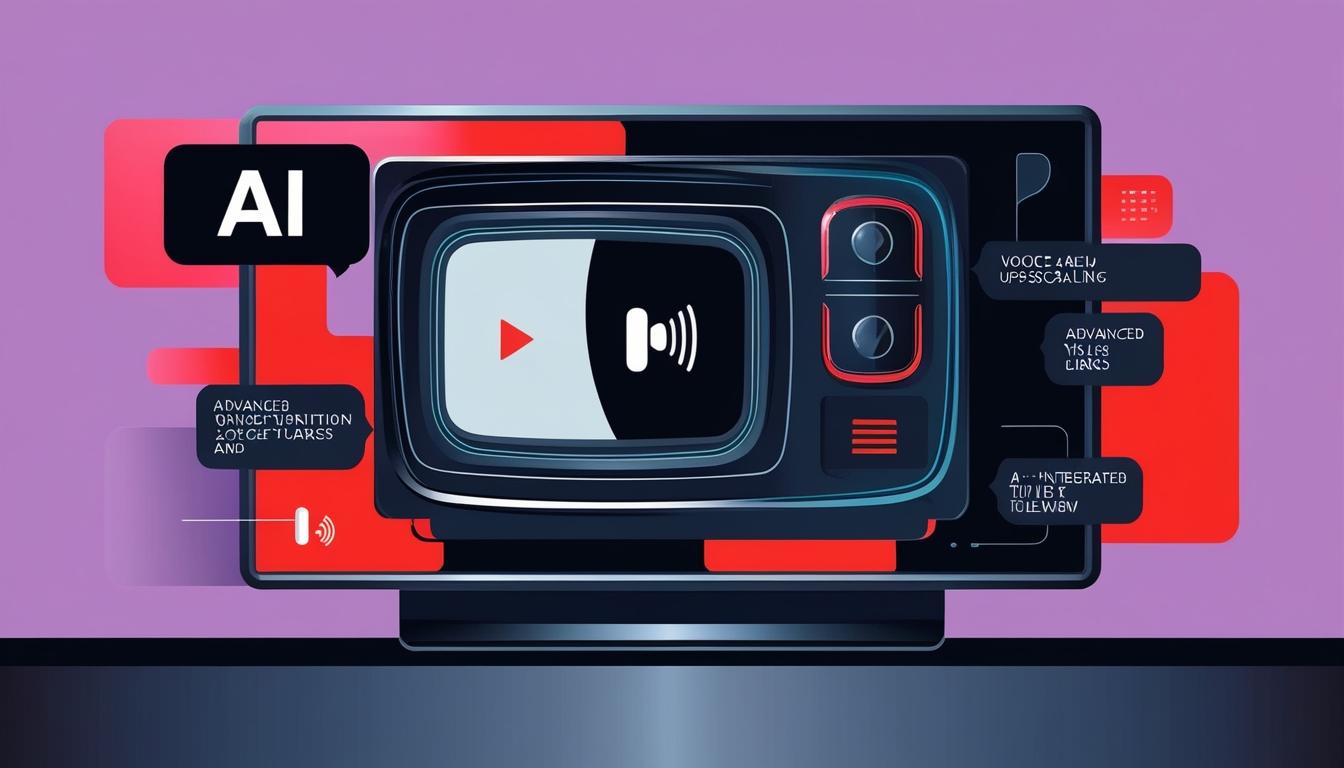This year’s Consumer Electronics Show (CES), held in Las Vegas, has been a significant showcase for advancements in technology, with a particular emphasis on artificial intelligence (AI) integrations across various sectors. Key industry players, including Samsung, Abbott, and Dell, have presented their latest innovations, highlighting current and future trends that could impact business practices.
Among the prominent trends, AI-assisted televisions have taken centre stage. Samsung unveiled its latest lineup featuring AI upscaling capabilities, particularly through HDR Remastering technology. This enhancement allows older content to be rendered in higher quality. LG has also introduced AI-powered features in its TVs, such as voice recognition for AI-powered recommendations and an AI Concierge service that personalises viewing experiences by tracking user preferences and historical data. Google is further augmenting this trend by embedding its Gemini AI into the Google Assistant, enabling more complex conversational interactions with Google's TV platform.
In addition to the advancements in television technology, TCL revealed its new QM6K model, a Mini LED QLED TV aimed at budget-conscious consumers. Priced at $999 for the 65-inch version, it boasts high brightness, contrast, and colour depth typically associated with premium models, and comes with a complimentary soundbar for early pre-orders.
Health technology has also made a significant impact at CES, with two companies introducing over-the-counter continuous glucose monitors. Dexcom and Abbott launched devices designed to enhance glucose monitoring for individuals with Type 2 diabetes and those interested in their health. The Dexcom device is wearable, providing 24/7 tracking via a mobile app, while Abbott's Lingo device focuses on general wellness insights.
In terms of mobile technology, a standout accessory was unveiled: the Swippitt, which enables a smartphone to be fully charged within seconds. By exchanging a discharged battery case for a fully charged one within a hub, users can avoid the traditional wait times associated with charging their devices.
Wearable technology continues to evolve, as evidenced by Circular's smart ring, which now includes advanced health monitoring features and an innovative method for sizing via a smartphone camera. Concurrently, Roborock introduced a novel robot vacuum capable of picking up small obstacles while it cleans, showcasing the convergence of AI with everyday utilities.
The concept of flexible displays has also been pushed further by Lenovo, which demonstrated a rollable laptop that expands from a 14-inch display to over 16 inches, meeting the growing demand for devices with adaptable screen sizes.
Charging solutions have received a boost as well, with Ugreen showcasing the world's first 500W charger, allowing for simultaneous powering of multiple devices, including high-wattage items like e-bikes.
In personal health, Movano Health presented EvieAI, a virtual wellness assistant that draws information from an extensive range of medical literature to enhance the quality of health inquiries made via the Evie app.
Additionally, Halliday’s smart glasses introduced a unique "invisible display" integrated into the frame, allowing for real-time translations and navigation without the display obscuring the wearer’s view.
The CES 2025 also featured significant partnerships in the smart home sector, including a collaboration between Ring and Kidde for integrated safety devices that alert homeowners to smoke and carbon monoxide dangers via a mobile app. Home Depot will also release new Hubspace devices, enhancing smart home capabilities.
Overall, the innovations showcased at CES signify a substantial movement towards integrating advanced technologies like AI into consumer products, suggesting a future in which these capabilities could reshape not only individual lifestyles but also broader business practices and market dynamics.
Source: Noah Wire Services
